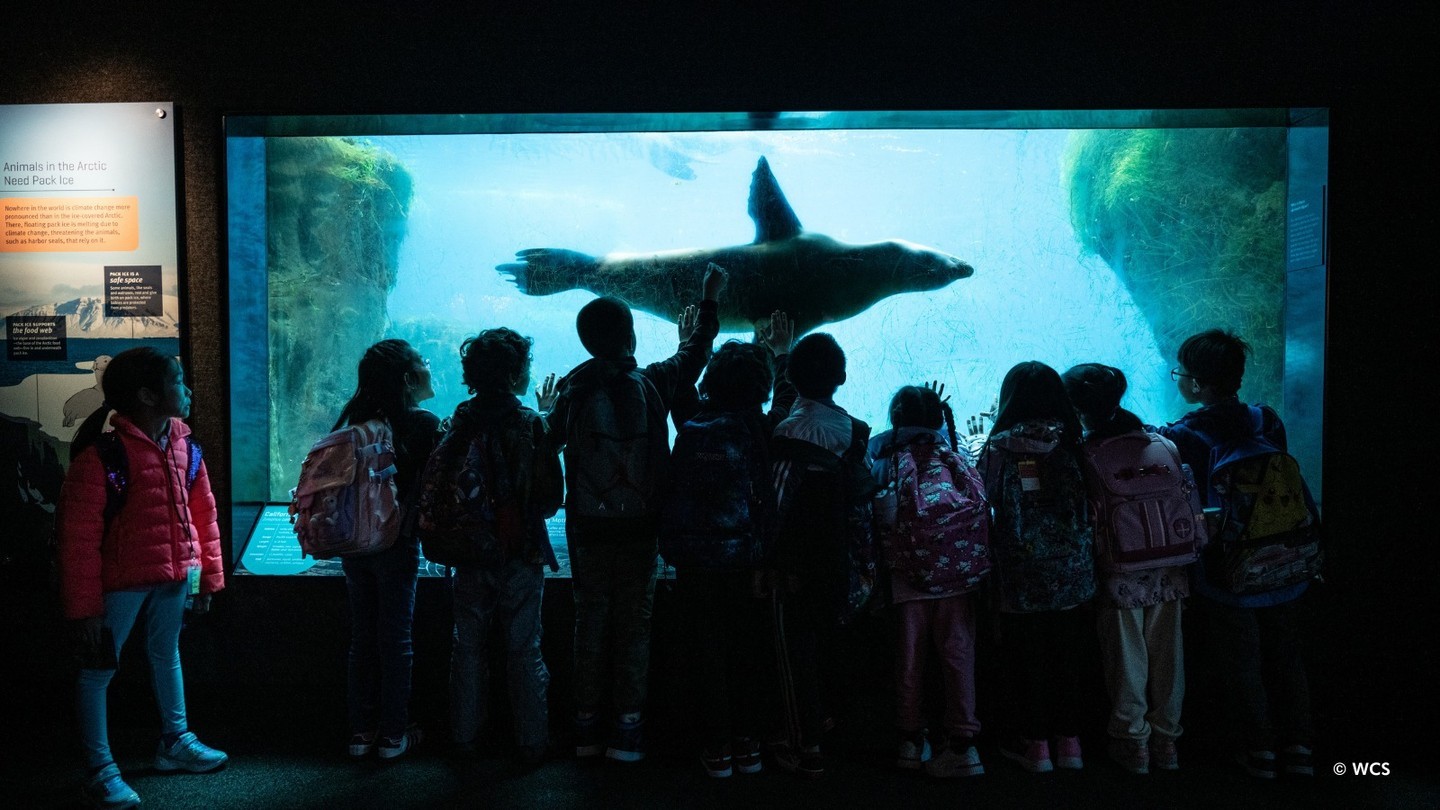- The educational benefits of a self-guided field trip to the New York Aquarium.
- How field trips can make ecology lessons engaging and fun for students.
- Detailed insights into the connection between wildlife conservation and marine education.
- Overview of the special discounted rates offered for school and camp groups.
- The role of the New York Aquarium in promoting awareness about ocean habitats and animal conservation.
The educational benefits of a self-guided field trip to the New York Aquarium are vast and multifaceted. A visit here can serve as a dynamic platform for fostering an understanding of marine biology and ecology among students. The aquarium offers a tangible experience that complement traditional classroom lessons, bridging theoretical knowledge with practical observation. Students can witness firsthand the behaviors and adaptations of various marine species, which fortifies their grasp of biological concepts.
Such trips can significantly enrich the learning experience by immersing students in a stimulating environment where they can observe, analyze, and interpret. Unlike conventional learning settings, the aquarium provides an interactive learning experience. Students can explore various exhibits at their own pace, affording them the freedom to engage with aspects of marine life that particularly interest them. This type of learning also encourages critical thinking as students hypothesize and draw conclusions from their observations.
Field trips are highly effective in making ecology lessons engaging and fun for students. When students see sharks soaring through a tank or jellyfish floating gently in water, the excitement spurs curiosity. This curiosity can lead to questions and discussions that deepen their understanding of ecological relationships and marine life. From vibrant coral reefs to the mysterious dark depths of the oceans, each exhibit offers a peek into different ecosystems. Learners gain respect for the complexity and diversity of life beneath the sea’s surface, which textbooks may not fully convey.
Moreover, these experiences can inspire a passion for science and conservation that extends beyond school. They ignite a lifelong interest, encouraging some students to pursue careers in marine biology, environmental science, or wildlife conservation. Through engaging displays and interactive sessions, students have the chance to appreciate the wonders of marine flora and fauna in a way that’s both enjoyable and informative.
In-depth insights into the connection between wildlife conservation and marine education can be drawn from visits to the New York Aquarium. The aquarium is more than just a place to observe marine creatures; it is a vital hub for conservation education and action. It plays a crucial role in disseminating knowledge about the importance of protecting our oceans and the creatures that inhabit them. By learning about the threats that marine life faces, such as pollution and climate change, students are introduced to the pressing issues of wildlife conservation.
Educational programs often include discussions about sustainable practices that can be adopted to mitigate these threats. Through engaging activities and informative presentations, students become aware of how their actions impact the environment. The aim is to empower them with the knowledge and motivation to contribute to conservation efforts.
The New York Aquarium offers special discounted rates for all school and camp groups. This initiative reflects its commitment to making marine education accessible to a wider audience. By reducing financial barriers, more students can benefit from the immersive learning experience that the aquarium provides. These group rates are designed to encourage educational institutions to incorporate such field trips into their curriculum, thereby broadening the reach of aquarium-based learning.
Organizing a field trip is a straightforward process and schools can contact the aquarium directly to learn more about visitation options and rates. Special programs are often tailored to fit the curriculum needs of school groups, ensuring that the visit is not only educational but also aligned with educational standards.
The New York Aquarium plays a pivotal role in promoting awareness about ocean habitats and animal conservation. It serves as a beacon of enlightenment for visitors, highlighting the intricate balance required to maintain healthy marine environments. Exhibits such as the Ocean Wonders: Sharks! showcase the importance of apex predators in ocean ecosystems, while the Sea Cliffs habitat educates visitors about the creatures inhabiting the cooler, rocky shores.
Through these and other exhibits, the aquarium seeks to nurture an appreciation for the natural world and instill a sense of responsibility for its preservation. Educational signage, scheduled feedings, and expert talks provide layers of information that deepen understanding and inspire action. The aquarium also fosters partnerships with conservation organizations to support research and conservation projects, extending its impact beyond its walls.
In summary, a self-guided field trip to the New York Aquarium makes ecology lessons an enriching, engaging, and informative experience. It offers students a valuable opportunity to connect classroom learning with real-world applications, fostering not only knowledge but also enthusiasm for marine life and its conservation. Through strategic pricing and an unwavering commitment to education, the aquarium stands as a cornerstone of learning and a catalyst for ecological stewardship.
*****
Source Description
Make ecology lessons engaging and fun with a self-guided field trip to the New York Aquarium! As your students explore our world-class exhibits, they will discover incredible animals and learn about their ocean habitats. We offer special discounted rates for all school and camp groups! To learn more about school visits see: Link in Profile.
📸: WCS photographer, Terria Clay


